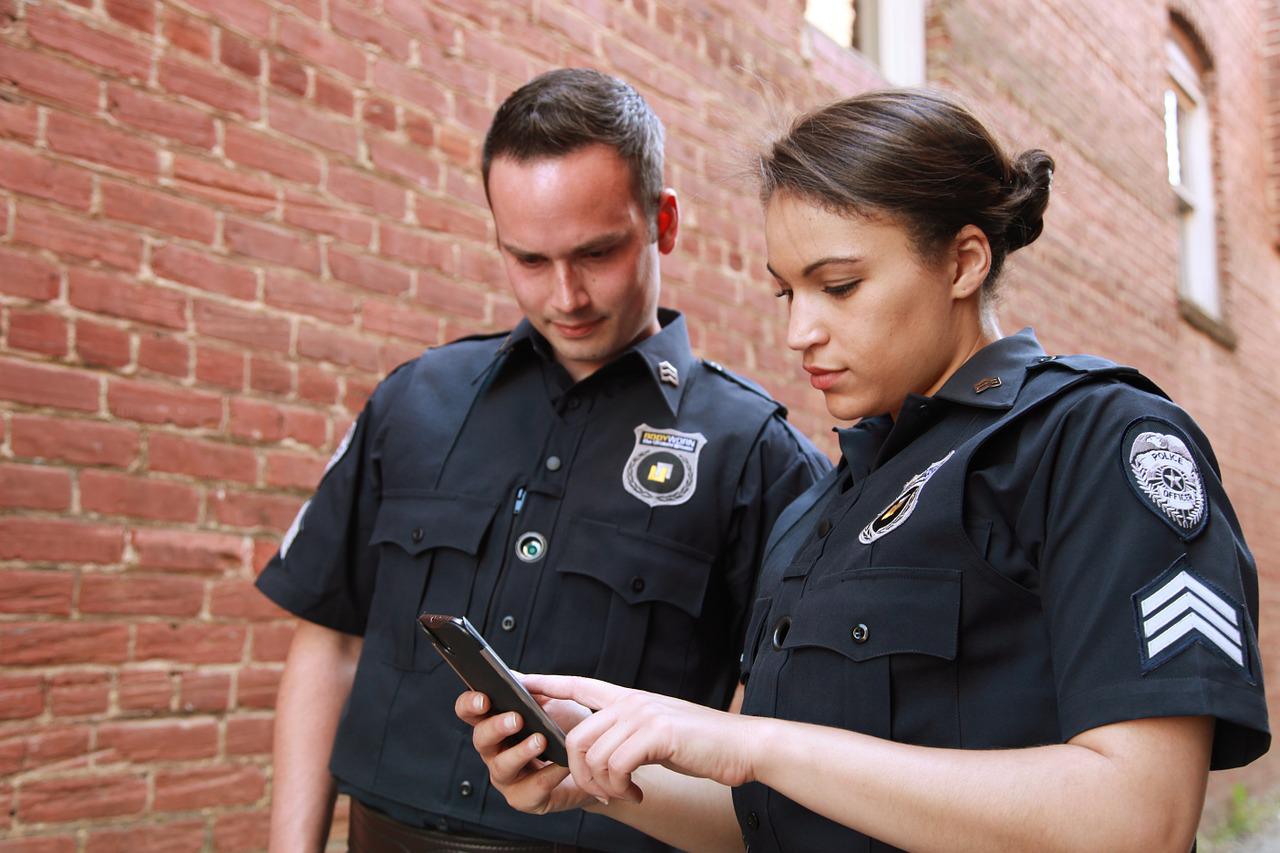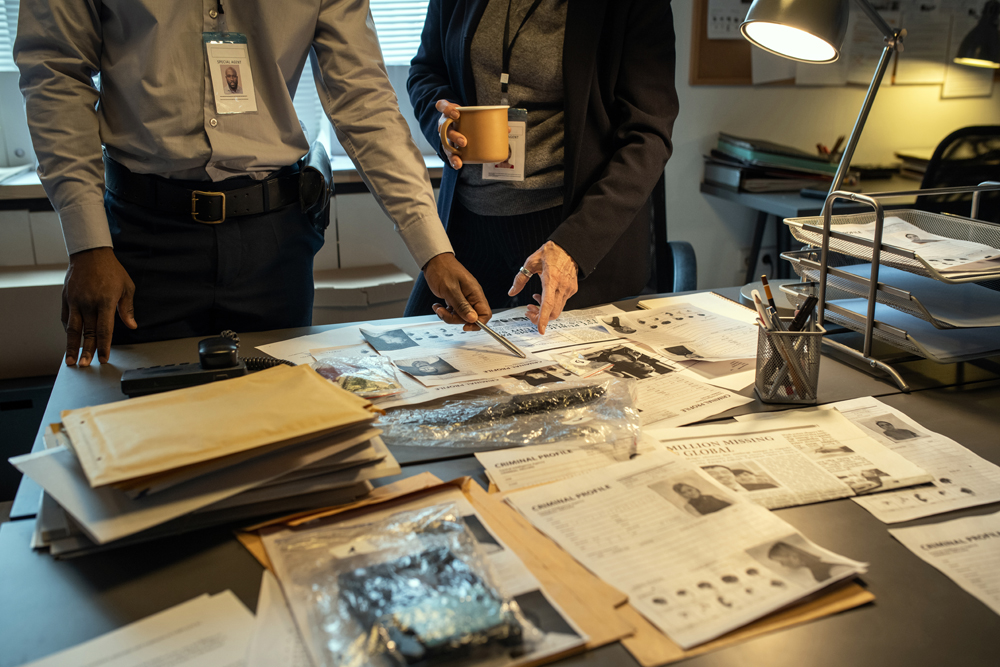The Role of Psychology in Law Enforcement

(Image: https://pixabay.com/photos/bodyworn-body-camera-794111/)
Law enforcement has always relied on psychology, whether detectives are trying to understand a suspect's motives or jury consultants are helping to select jurors. In recent years, the role of psychology in law enforcement has become even more critical. Thanks to advances in neuroscience and psychological research, police officers and detectives now have a better understanding of how criminals think and how to solve crimes.
For example, detectives can now use psychological profiling to understand a suspect's mindset better and predict their behavior. This information can generate investigation leads or narrow the pool of suspects. Similarly, police officers receive training in psychology to help them deal with difficult situations, such as hostage negotiations or managing people with mental illnesses. Law enforcement personnel are better equipped to solve crimes and keep the public safe by understanding human behavior. Read on to learn more about the role of psychology in law enforcement:
Investigating Crimes
The help of psychology is also needed when it comes to investigating crimes. Eyewitness testimony is notoriously unreliable, and police need to know how to get the most accurate information possible from witnesses. In addition, psychology can help detectives design interrogation techniques that are more likely to get information from suspects.
Crime Prevention
Law enforcement must understand human behavior to be effective in their jobs and prevent crime. They need to know why people commit crimes, what motivates criminals, and how to identify potential criminals.
Psychology can also help law enforcement design more effective policies and programs to prevent crime. For example, environmental design can help police identify hot spots for crime and find ways to reduce opportunities for crime. Similarly, social norms can help police develop strategies for changing public attitudes that support criminal behavior.
Solving Crimes

Psychology plays a vital role in solving crimes within the court system. Psychology can help identify the perpetrators of crime and understand their motivations. Lawyers use the evidence collected to prove their cases in court. Clients who have been victims of birth injuries, personal injuries, and medical malpractice need an advocate who understands how to use psychological evidence to win their cases. The Tinker Law Firm PLLC has a team of experienced attorneys around Washington state who are ready to help you get the compensation you deserve.
Dealing With the Stress of the Job
Psychology can help law enforcement officers deal with the stress of the job. Police work is stressful, and officers must deal with traumatic events, shift work, and public scrutiny. Psychology can help officers cope with these stressors and maintain their mental health. For example, cognitive-behavioral therapy effectively reduces stress and improves job satisfaction among police officers.
Criminal Profiling
In some cases, police may not have any leads on a suspect. In these cases, they may need psychological profiling to identify potential suspects. Profiling involves information about a crime and the victim to develop a profile of the likely offender. This information can then narrow down the pool of suspects and focus the investigation.
Training Officers
Psychology is also critical in training law enforcement officers. Officers need to understand human behavior, communication, and conflict resolution. In addition, psychology can help to improve officer morale and reduce stress levels by providing a better understanding of the challenges and demands of the job. By using psychological principles to train and support officers, police departments can ensure that they have a well-trained and effective force better equipped to deal with the challenges of modern law enforcement. Psychology courses should therefore be included in the training of all law enforcement officers.
Psychology can help officers recognize and understand the signs of stress and fatigue, which can impair their judgment and lead to dangerous mistakes. In addition, psychology can teach officers how to de-escalate tense situations, diffusing potential violence before it has a chance to erupt.
Improve Policies and Procedures
Psychology can also help law enforcement improve its policies and procedures. For example, psychological research has shown that people are more likely to comply with police orders if they feel that the officers are legitimate authority figures. This information can be used to develop training programs for police officers emphasizing the importance of maintaining a respectful and professional demeanor. It can also help develop policies that are more likely to be followed by both officers and the public.
Psychology plays a vital role in law enforcement. From investigating crimes to developing policies, psychology is essential to the work of law enforcement. By understanding the psychological factors contributing to crime, psychology can develop more effective ways to prevent it. Helping law enforcement officers deal with the stress of the job can also improve their mental health and job satisfaction.